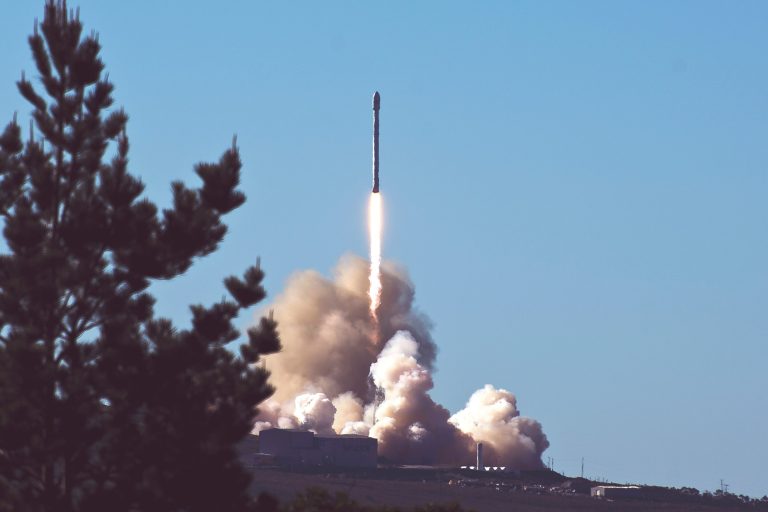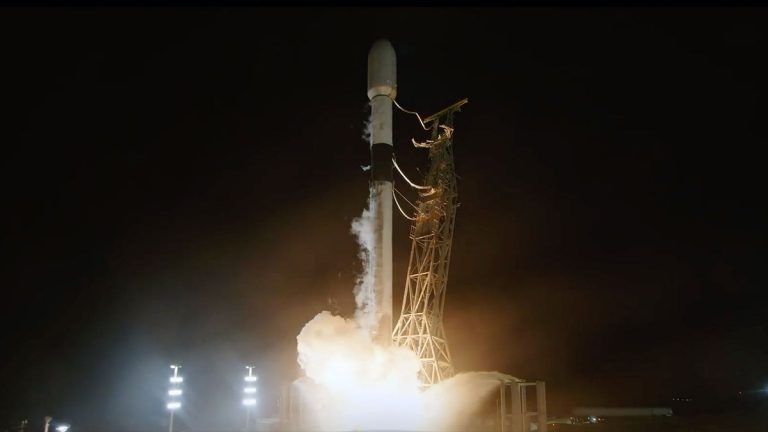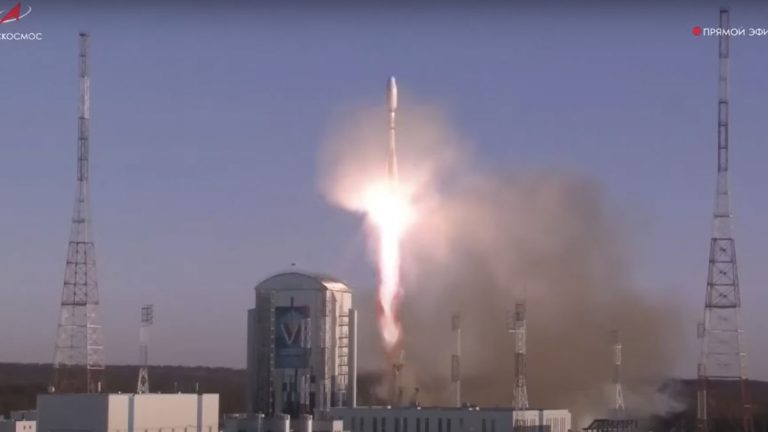
South Korea hires SpaceX to launch five spy satellites by 2025 (Image Credit: Space News)
SEOUL, South Korea — South Korea has signed a contract with SpaceX to launch five spy satellites by 2025, with the first launch on a Falcon 9 rocket by the end of 2023.
A spokeswoman for the Defense Acquisition Program Administration (DAPA) confirmed the deal April 11, saying the 2023 launch would deliver an 800-kilogram electro-optical infrared satellite to low Earth orbit.
“The deal was made to launch five satellites involved in the ‘425 project,’” DAPA spokeswoman Park Geun-young told SpaceNews, referring to a space-based reconnaissance project the defense ministry launched in 2018 for closer monitoring of North Korea’s military activities. Under the project, five satellites — four synthetic aperture radar (SAR) satellites and one featuring an electro-optical infrared (EO/IR) telescope — will be launched to low Earth orbit between 600 and 700 km by 2025, enabling South Korea’s military to observe the nuclear-armed neighbor’s key military facilities every two hours with 30-50 centimeters resolution imagery, according to a 2019 report produced by the Korea Institute of S&T Evaluation and Planning. The spokeswoman declined to share the terms and conditions of the deal, as well as launch schedules for the other four satellites.
The Agency for Defense Development (ADD) and Korea Aerospace Research Institute (KARI) have led the $970 million project as primary contractors. Under the technical assistance from Europe’s Thales Alenia Space, ADD has worked with Korea Aerospace Industries (KAI) and Hanwha Systems to develop the four SAR satellites. KARI has developed the EO/IR satellite.
It is the second time South Korea has hired SpaceX to carry out a space-based military mission. In the first project, conducted in July 2020, a SpaceX Falcon 9 put South Korea’s first military communications satellite, code-named Anasis-2, into geostationary Earth orbit. The Anasis-2 satellite was manufactured in France by Airbus Defence and Space as part of an offset obligation related to a $7 billion sale of U.S. F-35 fighter jets to South Korea in 2014. Under the terms of the deal, F-35 manufacturer Lockheed Martin agreed to procure a telecommunications satellite for South Korea.








